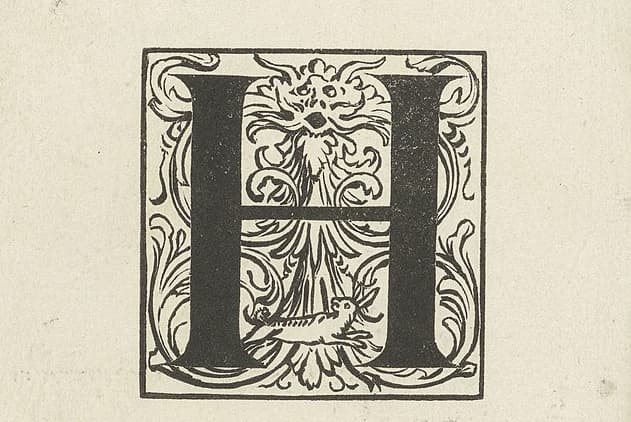
‘The Trembling Hand’ Provocatively Calls Out the Romantic Poets for Perpetuating Racist Tropes
By CARL ROLLYSON
|With the dropping of H’s in certain British accents, the joke of the poem is slightly elevated for readers in the United Kingdom, but every reader can see the H’s in the poem.

Already have a subscription? Sign in to continue reading
$0.01/day for 60 days
Cancel anytime
By continuing you agree to our Privacy Policy and Terms of Service.

By CARL ROLLYSON
|
By THE NEW YORK SUN
|
By THE NEW YORK SUN
|
By TOM TEODORCZUK
|
By BENNY AVNI
|
By LAWRENCE KUDLOW
|
By THE NEW YORK SUN
|
By BENNY AVNI
|